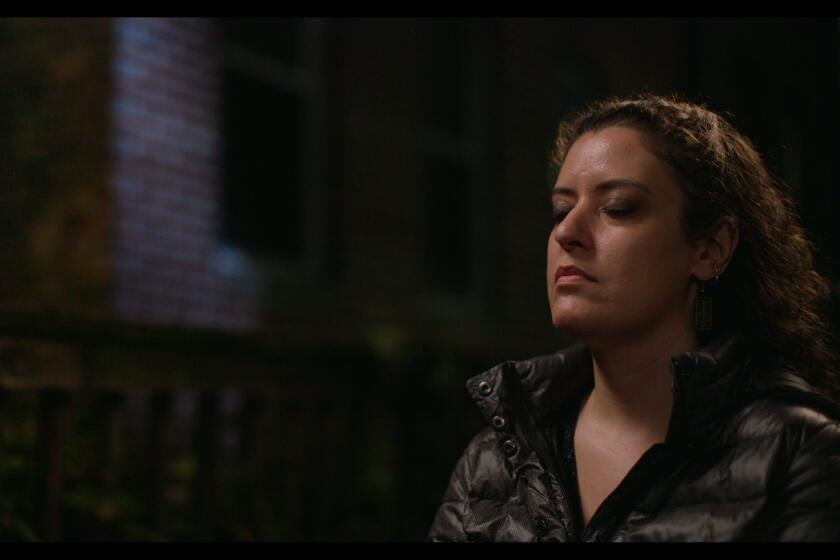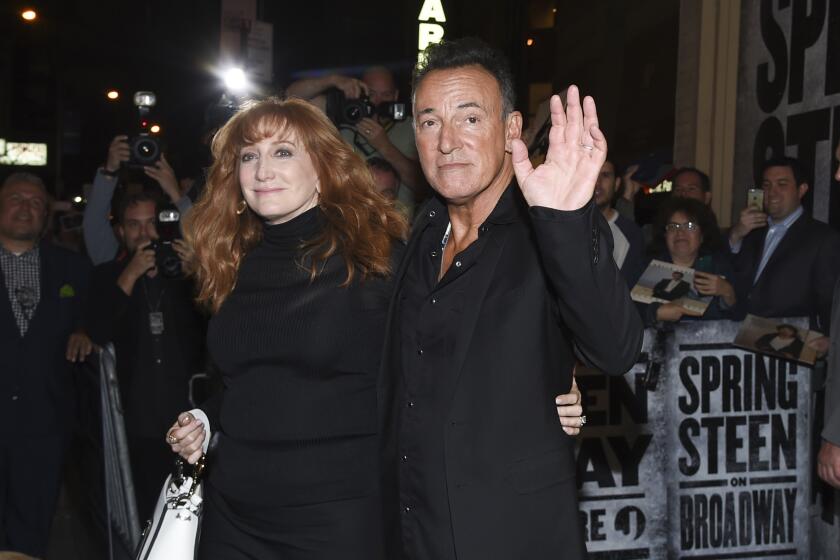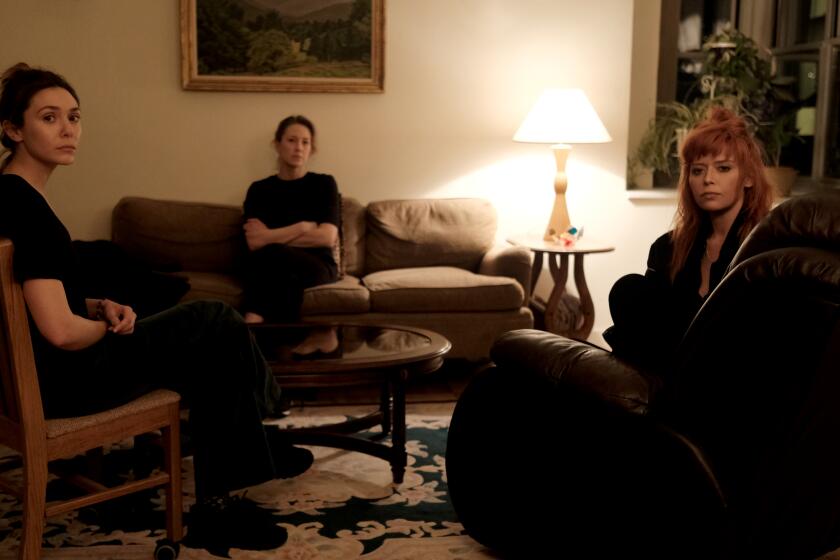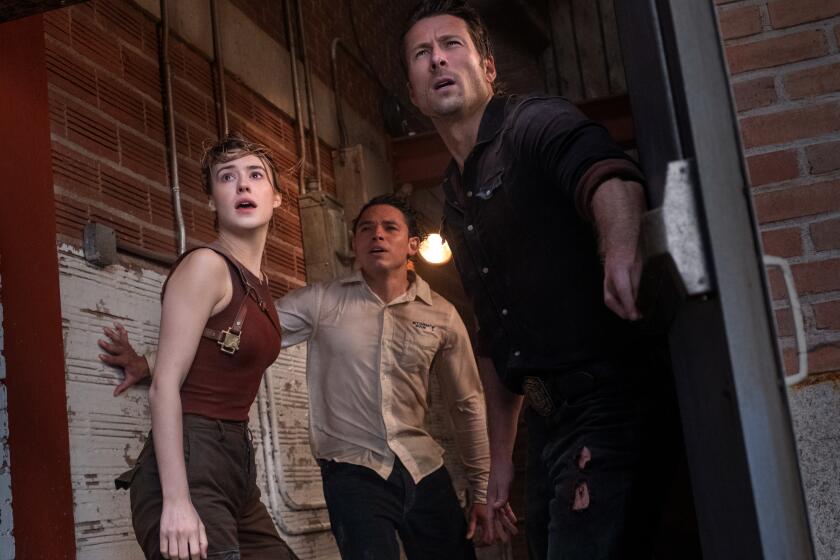‘Why Did I Get Married Too’ is full of laughs -- and promise
With “Tyler Perry’s Why Did I Get Married Too?,” the Atlanta writing-directing-producing-acting juggernaut takes significant steps forward as a filmmaker. But it’s still a Tyler Perry movie -- for better or worse.
The new film is a sequel to 2007’s “Why Did I Get Married?,” with its four-plus married couples still lovin’ and fightin’ up a storm -- this time starting at an island retreat for the friends. If you missed the first movie, don’t fret, there’s plenty of exposition to catch you up.
Patricia and Gavin (Janet Jackson and Malik Yoba) are the aggressively ideal pair; Terry and Dianne (Perry and Sharon Leal) are the more relaxed version; Sheila and Troy (Jill Scott and Lamman Rucker) are the newest couple, having gotten together in the last movie as Sheila’s marriage to abusive swine Mike (Richard T. Jones) collapsed. Comic relief is provided by the always-battling Angela and Marcus (Tasha Smith and Michael Jai White). When Mike shows up uninvited, consider the pot stirred.
But the specifics of the plot aren’t crucially important: The upshot is that everyone who seems perfect isn’t, and everyone who seems evil isn’t totally.
The news here is that Perry has adopted a looser directorial style that allows more room for the actors to relate. Some exchanges feel improvised and the often hand-held cinematography helps further distance the proceedings from the staginess of some of his previous efforts. This means the acting is more flowing in general, while allowing Smith to gnaw her way through scenes like a wolverine and White (so good in the under-seen “Black Dynamite”) to earn laughs as her training dummy. Scott and Rucker, in particular, are likable presences, Rucker benefiting from a more fleshed-out version (with timely issues) of the knight in shining armor he played in the first film.
The downside to some of these improvised-seeming exchanges is a fair amount of repetitive and too on-the-nose dialogue -- although, “Relationships are supposed to be about . . . trust” is probably the writer’s fault, not the actress’. And the film still reaches for those operatic emotions and easy solutions that mark Perry’s oeuvre -- the movie’s ending seems so pat that it provokes laughter. Even when the movie dips its toe in perhaps the most nuanced conflict yet in any of the filmmaker’s works -- an emotional affair -- it then reaches for a facile wrap- up.
The film delivers the laughs and domestic crises that should keep it on pace with its predecessors at the box office. Fans know exactly what to expect, and Smith, in particular, is a crowd pleaser. Her work and White’s help freshen some of the elements that bear an unquestionable sameness to previous Perry films. But not only is Perry in tune with his audience as always, he’s unquestionably growing as a cinematic artist.
More to Read
Only good movies
Get the Indie Focus newsletter, Mark Olsen's weekly guide to the world of cinema.
You may occasionally receive promotional content from the Los Angeles Times.











